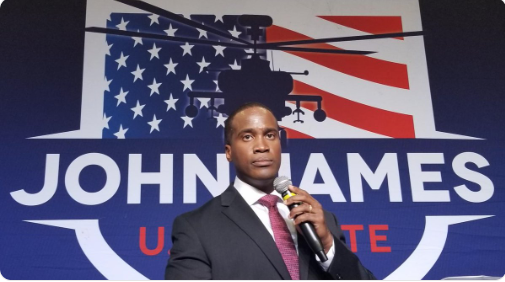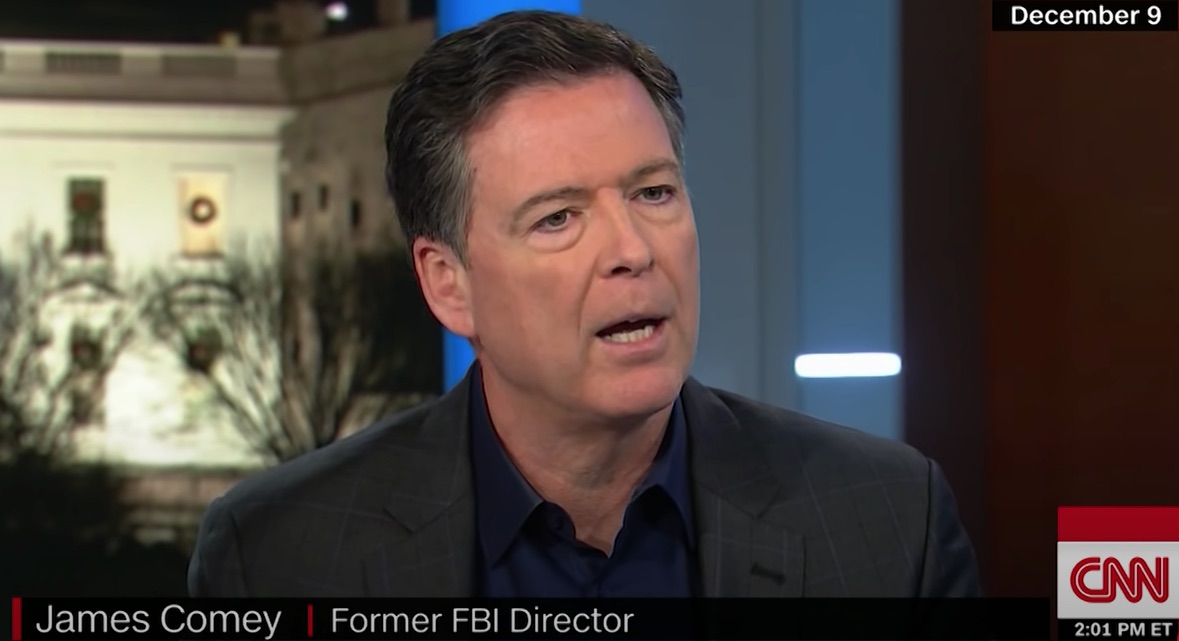Commentary: Three Years’ Delay To Rein In TikTok
National Security Risks Remain Unacceptably Unresolved

Will this presidential election be the most important in American history?
Commentary by Thomas Feddo originally published by RealClearDefense and RealClearWire.
The drumbeat regarding national security risks posed by TikTok, the popular social media app owned by Chinese big-tech firm ByteDance, has reached a fever pitch. After recently blocking it from federal government devices, Congress might now seek an outright national ban of the app. Given the failure of a prior attempted ban due to regulated speech concerns, policymakers should instead press the Biden Administration to fulfill a still-active 2020 presidential order to counter the risks. Continued neglect of its implementation could diminish the credibility of future presidents and will surely be interpreted by America’s adversaries as fecklessness and weakness.
Serious policymakers—including the bipartisan leadership of the Senate Intelligence Committee, an FCC Commissioner, and the Director of the FBI—have pushed for decisive action. But today’s “ban TikTok” discourse loses sight of two consequential steps taken by President Trump nearly three years ago.
On August 6, 2020 (a point when Americans had already downloaded TikTok more than 175 million times), the President directed the government to essentially prevent the app’s use in the U.S. He explained that it could allow the Chinese Communist Party to track federal employees, build blackmail dossiers, and undertake corporate espionage. ByteDance quickly won a federal court injunction against the ban, however. And in the summer of 2021, President Biden revoked the order while the U.S. government settled the litigation.
Critically, President Biden did not revoke a second presidential order issued by President Trump on August 14, 2020—the result of a national security review by the interagency Committee on Foreign Investment in the United States (CFIUS). Finding “credible evidence” that ByteDance could harm national security, President Trump prohibited the Chinese company’s direct or indirect ownership of the U.S. app and ordered divestment of both U.S. user data obtained by TikTok and all property that supported its operations here. In effect, the President directed CFIUS and the Justice Department to eliminate foreign ownership and control of the U.S. app.
That the 2020 CFIUS order remains on the books today means the articulated national security concern about TikTok is the considered judgment of two presidents. It also means that recent news reports of a CFIUS-led effort to negotiate protections of U.S. user data is not a Biden Administration initiative, but rather a nearly three-year slog to implement the 2020 CFIUS order. Those reports say that a potential agreement may include storing Americans’ data in the U.S. and independent third parties screening the “secret” algorithm (if it’s secret, will the CCP permit it to be shared?). Importantly, these reports indicate that ByteDance seeks to maintain its ownership of TikTok.
Why the protracted delay to enforce the order? Some key agency principals might judge the risks too high without severing ByteDance’s ownership—that a complex oversight structure of the Chinese-owned company may not adequately screen the algorithm and protect U.S. data. Perhaps the Administration hopes to avoid provoking the CCP at a time of strained geopolitics. The White House, which has frequently leveraged TikTok influencers for messaging campaigns, could also be under immense pressure from ByteDance, its investors, and its advocates to reach a deal that best preserves the company’s value through continuity of ownership.
Part of the reason for the delay is very likely that the 2020 CFIUS order requires divestment. For CFIUS to negotiate something less would obligate the President to revoke or modify the order. If he didn’t, it would signal to future parties before the Committee that a Presidential prohibition is negotiable and doesn’t necessarily mean what it says. That would seriously impair CFIUS’s effectiveness. But revoking the aging divestment order could bring political pain—appearing soft on the CCP and uncommitted to protecting Americans’ sensitive data.
Rather than prioritizing a national ban of the app (guaranteeing litigation, further delay, and potential failure in court), Congress should dedicate its resources to bipartisan oversight and insistence on implementation of the August 14, 2020 CFIUS order, and to legislation endorsing that order’s findings and directives. In the nearly three years since then, while TikTok has only grown in influence and further insinuated itself into American life, why hasn’t the national security risk been mitigated? Have interim safeguards been implemented, and to what extent has the app and its data remained accessible to Chinese entities? If an agreement relies on independent third parties for protecting Americans, how will any compliance failures be enforced and who will be held accountable?
Whatever the answers or the remedy, the President and his national security team need to act in Americans’ interests soon. At some point deliberation and debate become equivocation and paralysis—which is not an effective national security strategy.
__________
Mr. Thomas Feddo is the founder of The Rubicon Advisors, LLC. He served as the first Treasury Department Assistant Secretary for Investment Security from 2018 to 2021.
This article was originally published by RealClearDefense and made available via RealClearWire.







